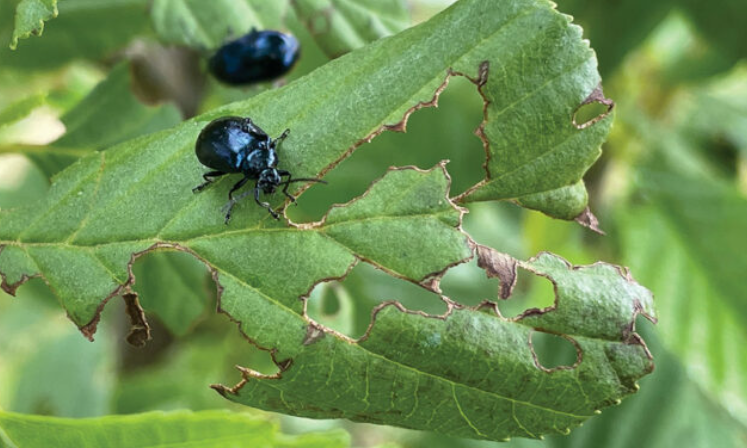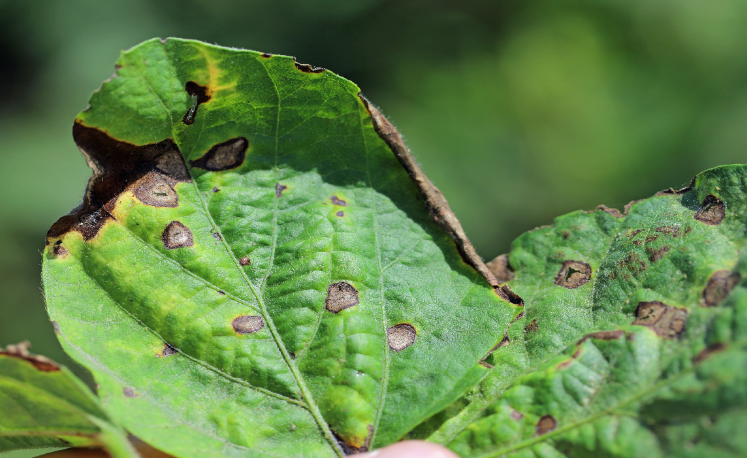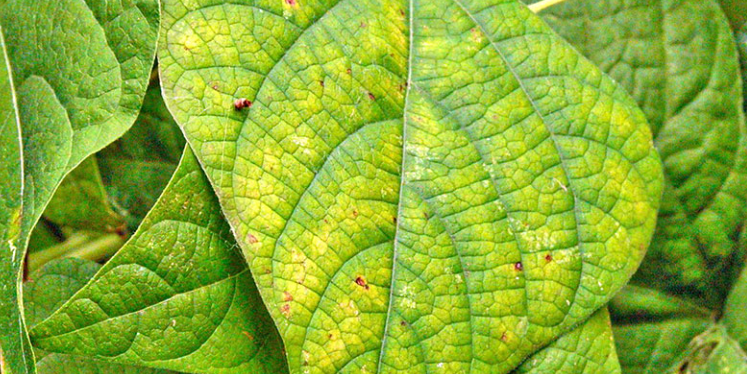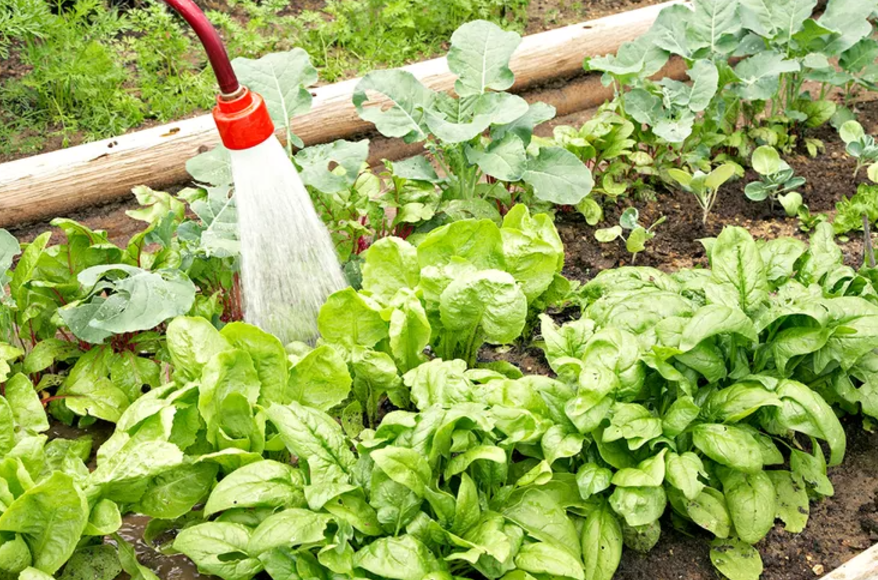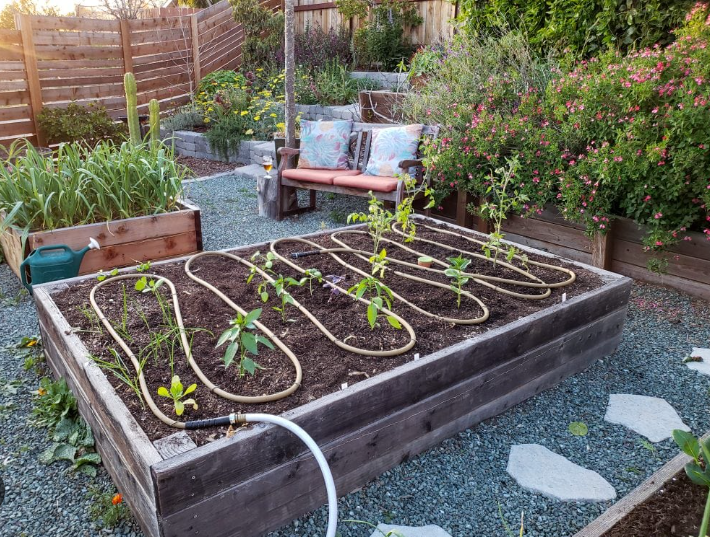Dealing with pests is a common issue in gardening, but there are many natural and organic methods for controlling them without relying on harmful chemicals. Here are several eco-friendly approaches to managing pests in your garden.
Natural Pest Control Methods:
Encourage Beneficial Insects: Certain insects, such as ladybugs, predatory beetles, and lacewings, are natural predators of pests like aphids and mites. By planting flowers like daisies, yarrow, and dill, you can attract these beneficial insects to your garden.
Solution: Avoid using broad-spectrum insecticides that can harm beneficial insects. Instead, focus on creating a diverse, thriving garden that supports a healthy insect population.
Neem Oil: Neem oil is a natural pesticide that works by disrupting the feeding and reproduction of pests. It is effective against a wide range of pests, including aphids, scale, and whiteflies, while being safe for most beneficial insects.
Solution: Dilute neem oil with water according to the package instructions and spray it directly on affected plants.
Companion Planting: Certain plants naturally repel pests. For example, marigolds can deter aphids, and basil can help keep mosquitoes away. Planting these species alongside more vulnerable plants can provide natural protection.
Solution: Use companion planting as a preventive measure by pairing pest-repellent plants with susceptible crops.
Diatomaceous Earth: This fine powder made from fossilized algae is effective in controlling soft-bodied insects like slugs, snails, and aphids. It works by dehydrating pests upon contact.
Solution: Sprinkle food-grade diatomaceous earth around the base of plants or along garden paths where pests are a problem.
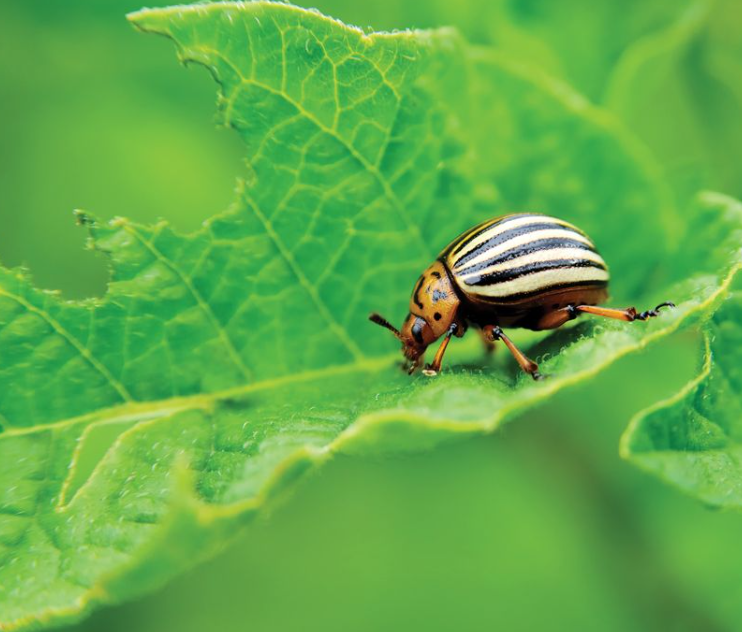
Handpicking and Traps: For larger pests like caterpillars or beetles, manually removing them from plants can be effective. Sticky traps or traps filled with soapy water can also catch flying insects like aphids or whiteflies.
Solution: Regularly inspect your plants and remove pests by hand or set up traps to catch them early.
